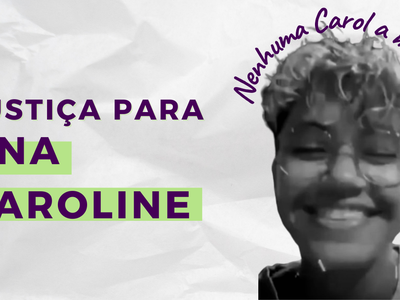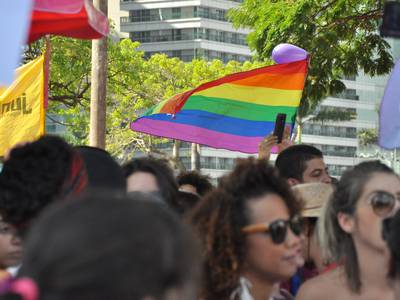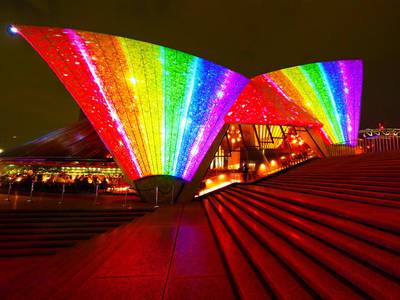Dangerous practices that seek to "cure" LGBTIQ+ people are still happening in Sri Lanka, leaving victims with permanent physical and mental trauma. Now there’s an opportunity to ban them in Sri Lanka – but we need your help.
The harmful practice of “conversion therapy” continues to exist in Sri Lanka.
LGBTIQ+ community members in Sri Lanka report that “conversion therapy” practices continue to exist and it is often parents who send their LGBTIQ+ children to places where they perform “conversion therapy” practices, which includes forced medication and harmful religious rituals.
Dimithri Wijesinghe, a legal advisor of Bridge to Equality Collective, spoke about the “conversion therapy” practices in Sri Lanka in her interview:
“Many parents, out of concern, feel that their child needs to be subject to this [conversion therapy] so that they can lead a normal life. That is kind of the broad understanding. So as a result of that, there's a lot of…places where you can go to subject your child or even yourself to a conversion therapy. What happens in our country now with the doctors specifically is, they would prescribe a combination of medication for depression and sleeping pills, and encourage by saying “keep [taking] this medication and eventually you will feel normal”. I think it's absolutely important to talk about [conversion therapy] mostly because we do have a lack of awareness which is our main thing in our country…So protection is important. I think legally, a Protection Bill would be the best step.”
To watch Dimithri Wijesinghe’s full interview, please click here.
As recounted by Dimithri Wijesinghe, many members of the LGBTIQ community in Sri Lanka have been victims of harmful “conversion therapy” practices, which continue to be performed by individuals, family members, medical professionals, and religious and community leaders.
“Conversion therapy” is used as an umbrella term to describe interventions of a wide-ranging nature, all of which have in common the belief that a person’s sexual orientation or gender identity (SOGI) can and should be changed.
These are deeply harmful interventions that rely on the medically false idea that LGBTIQ persons are sick, inflicting severe pain and suffering, and resulting in long-lasting psychological and physical damage.
In 2020, the UN Independent Expert on SOGI, called for a global ban on “conversion therapy” and noted that countries need to urgently carry out measures against it, especially to protect children and young people:
“Conversion therapy practices inflict severe pain and suffering on lesbian, gay, bisexual, trans and gender-diverse (LGBT) persons, often resulting in long-lasting psychological and physical damage,” and “such practices constitute an egregious violation of rights to bodily autonomy, health, and free expression of one's sexual orientation and gender identity”
But now, Sri Lanka has a chance to put an end to this, once and for all!
Sign now, to demand a comprehensive ban on “conversion therapy” in Sri Lanka.
This campaign is run by ILGA Asia together with Community Welfare and Development Fund (CWDF), DAST, Bridge to Equality and Equal Ground Sri Lanka.



